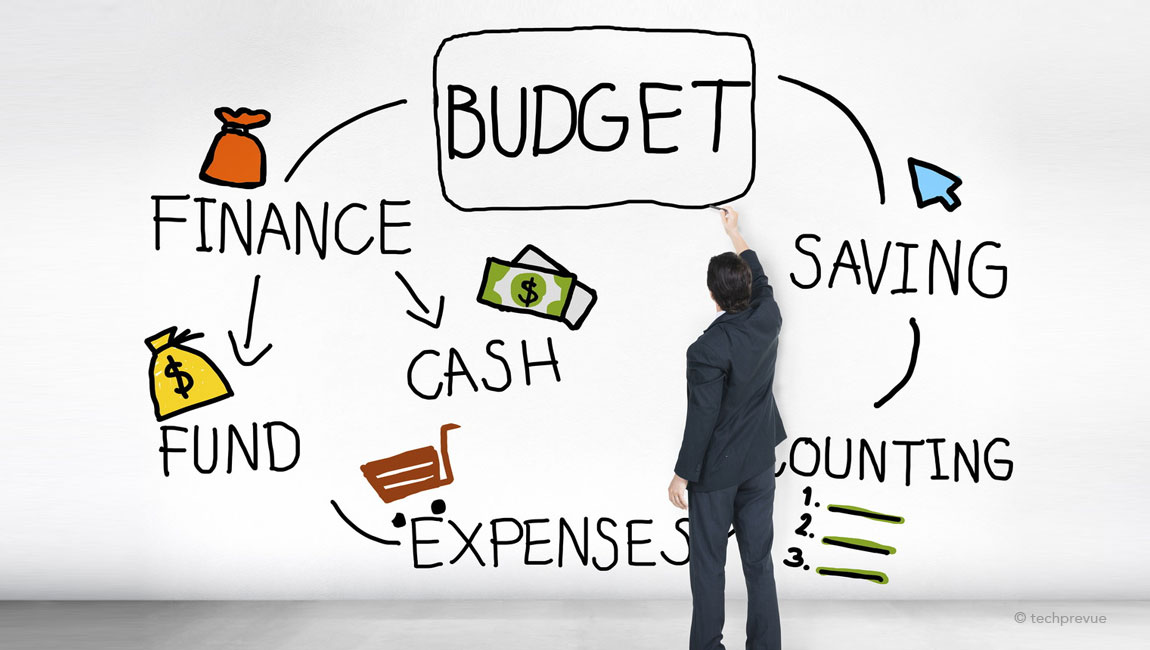The Importance of Budgeting in Business

Effective budgeting is a crucial step in maintaining financial control for a business. It can help businesses estimate revenue, expenditure and expected profits.
Monitoring the variance between actual and budgeted data helps a business understand where changes can be made to improve the company’s bottom line. This can help businesses secure loans from banks and investors.
Identifying Problem Areas
While it is essential to prevent budget creep and uncontrolled overage, it can also be helpful to recognize the times when a strategic splurge may be warranted. Having a clear understanding of actual expenses, ROI and customer information can help you decide whether an expense that is off-budget should be avoided or is the beginning of something better.
A business budget is a financial document that estimates income and expenditures for a specified period. It is an important tool for businesses as it provides a roadmap for accomplishing business goals and objectives. A good budget is accurate, realistic and clearly identifies the specific revenue targets and expense limitations for each functional area and manager in the organization on a monthly basis.
Some strategies for sticking to a business budget include prioritizing spending needs, involving employees in the process, and using technological tools for efficiency. It is also helpful to compare actual income and spending with the budget on a regular basis. This can help you spot trends and potential problems.
Identifying Potential Issues
A well-formed budget is a roadmap to help you achieve your business goals. It also enables you to monitor the financial health of your business, including cash flow and profits.
A budget allows you to compare actual results with expected results and identify areas where adjustments are necessary. For example, if your sales or customer acquisition costs (CAC) are higher than planned, it may be time to invest in marketing programs and other efforts to increase your ROI.
By regularly reviewing and adjusting your budget, you can prevent unnecessary expenditures and ensure that you have enough money to cover operating expenses. In addition, you can identify potential issues like declining sales or a cash flow shortage and take corrective action before they become critical. By comparing budgets from previous periods, you can see whether you are meeting your business objectives. You can also compare your budget to that of your competitors. This gives you a competitive advantage as you make strategic decisions.
Identifying Potential Solutions
Creating an effective budget requires number-crunching and attention to detail, but it is well worth the effort. It can help you identify potential solutions that can mitigate risks, such as cash flow shortages or declining sales, and keep you on track to meet business goals.
For example, if your budget shows that revenue will decline significantly in the month of August versus what you expected, this gives you an opportunity to prepare by building up reserves. Similarly, if your income increases significantly in the run up to Christmas but you were not expecting it to, then this provides an opportunity to revise budgets for future periods to better plan for the increase in sales and expenditure.
Using historical information and your business plan, you can create a budget that can provide you with the right level of accuracy. This allows you to track actual expenses and sales against your budget, which can help to detect any problems early on.
Identifying Potential Opportunities
Lenders or investors may be more likely to consider lending your business money or investing in it if it has a history of producing well-documented and detailed budgets. In addition, a well-prepared budget gives you the data to back up any financial decisions that you make.
The information that a budget provides also allows you to identify potential problems such as declining sales or cash flow shortages in advance and take proactive measures such as cutting unnecessary costs or reallocating resources to correct the problem before it gets worse.
A business that doesn’t develop and follow a budget is effectively flying blind and will have a much harder time meeting its financial goals. A budget identifies current available capital, estimates expenditure and anticipates incoming revenue, giving businesses the necessary information for making sound financial decisions. Participative budgeting, a method that allows the input of multiple people in the company, can facilitate more informed and accurate decision-making.